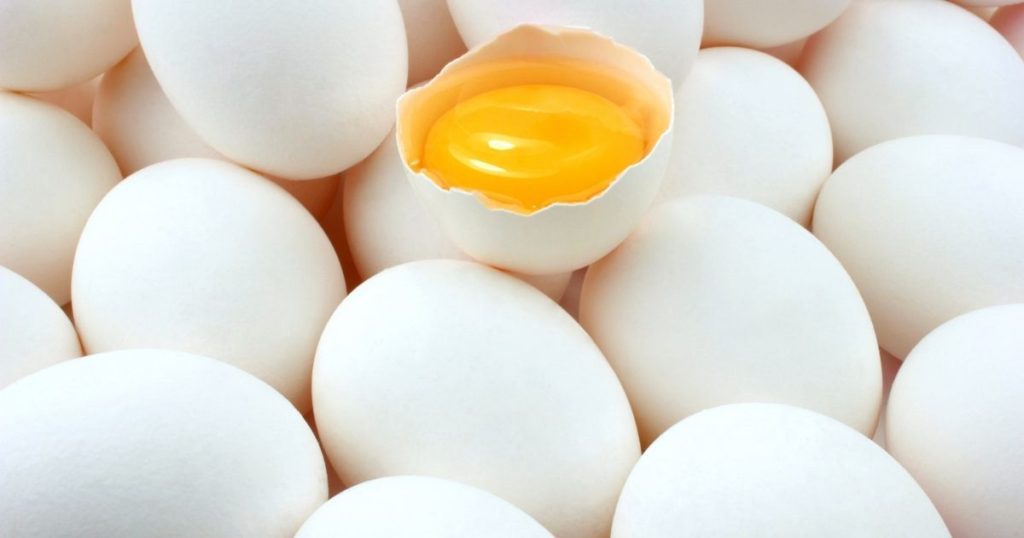
Choline is a dietary nutrient necessary for cell membrane integrity and facilitating the movement of fats into and out of cells. Choline is also a precursor for acetylcholine, an important neurotransmitter in the brain. Choline also works with folic acid, vitamin B12, and methionine in methyl group metabolism and maintenance of healthy homocysteine levels. Since high levels of homocysteine increase the risk of cardiovascular disease, an adequate intake of choline may be important in reducing risk.
Pregnancy and lactation are periods when maternal reserves of choline risk becoming depleted. Because the availability of choline for normal fetal development of the brain is critical, expectant and nursing mothers should make certain their choline intake is adequate.
Although choline can be found in a wide variety of foods, some of the richest sources are foods high in cholesterol and fat (e.g. beef liver). Because many Americans have been advised to decrease their consumption of fatty foods, choline intake in some population groups may be inadequate. Healthy sources of choline include Brussel sprouts, broccoli, eggs, lean beef, milk, peanuts, and certain seafoods (shrimp, salmon, and cod).
Was this helpful? If you were not able to find the answers you’re looking for, please send us your questions here and we’ll try to find the answers for you!

This article is a property of askthescientists.com and is posted in this website for educational purposes only. No copyright infringement is intended herewith.
